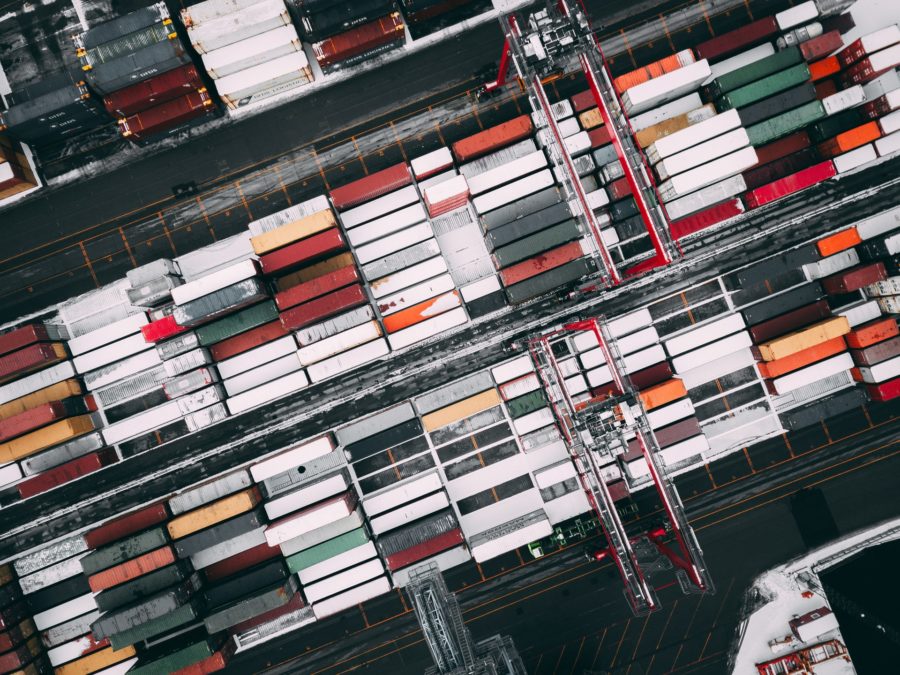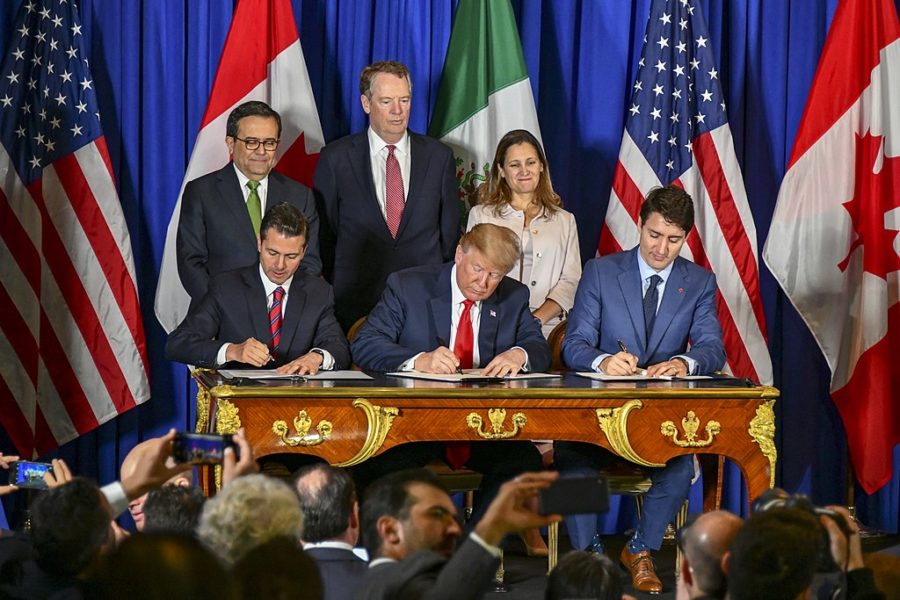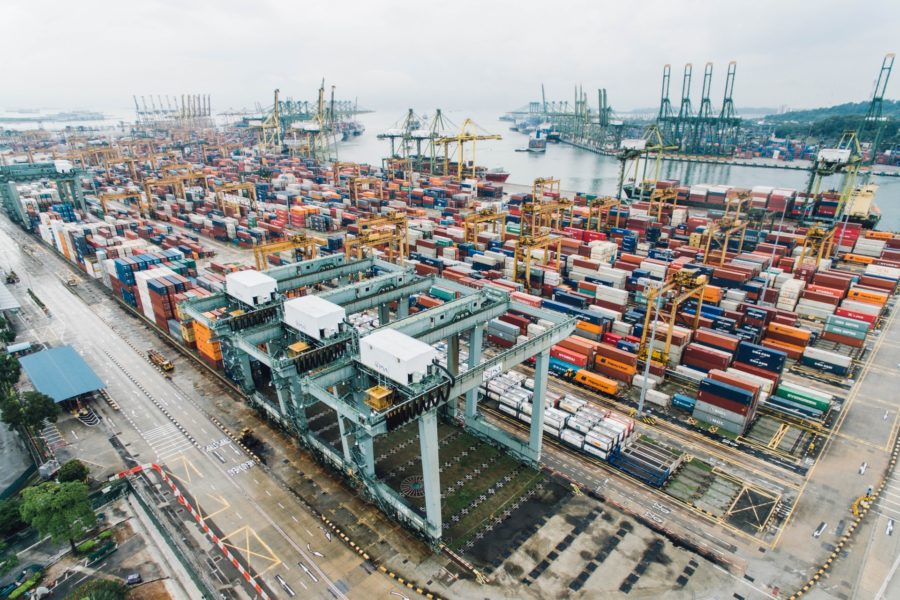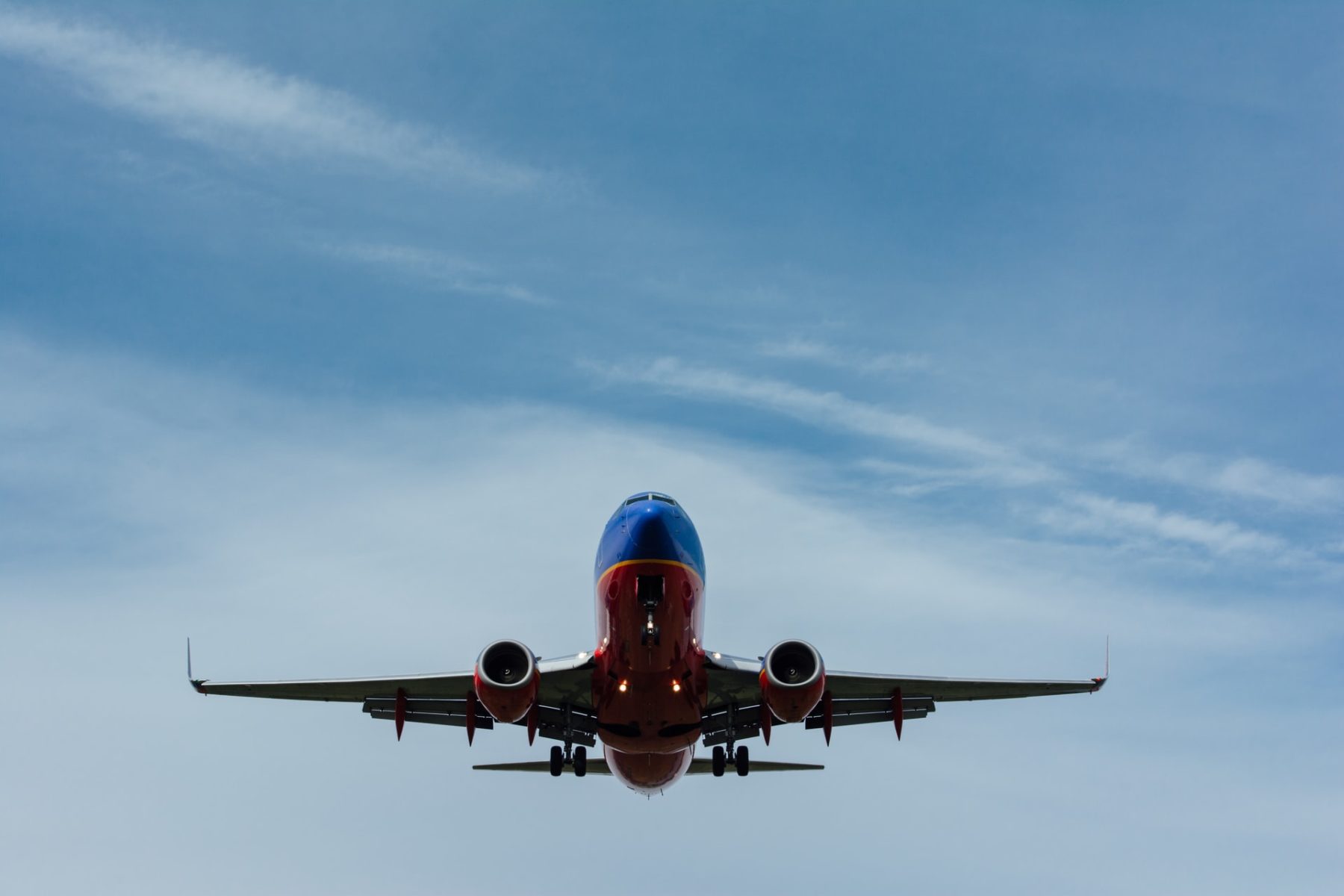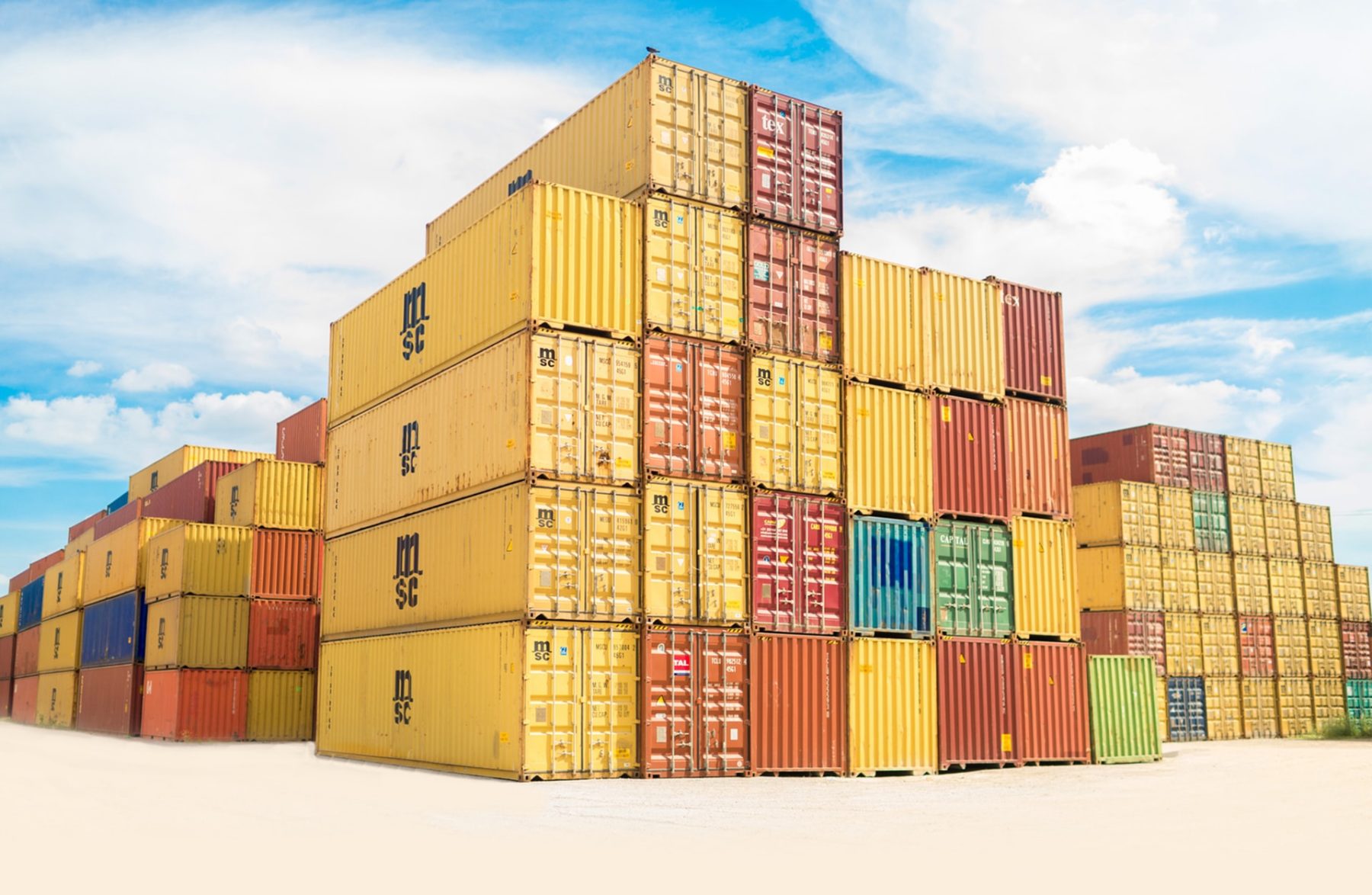April 30, 2020
UNCTAD Releases 10-Point Action Plan To Strengthen International Trade and Transportation Amid COVID-19
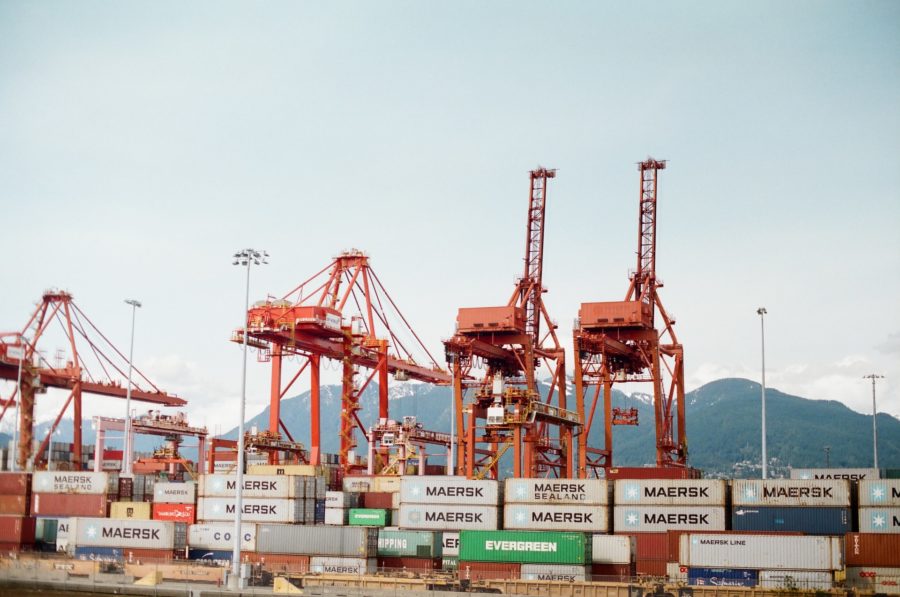
The United Nations Conference on Trade and Development (UNCTAD) has released a 10-point action plan to strengthen international trade and transportation amid the COVID-19 pandemic.
The policy brief acknowledges the need to mitigate the potentially crippling longer-term consequences of the pandemic, especially for the most vulnerable countries, while keeping ships moving, ports open, and cross-border transit trade flowing. Facilitating trade and the transport of goods has become more important than ever, to avoid logistics obstacles that lead to shortages of necessary supplies.
The 10 points in the action plan are as follows:
- Ensure uninterrupted shipping
- Maintain ports open
- Protect international trade of critical goods and speed up customs clearance and trade facilitation
- Facilitate cross-border transport
- Ensure the right of transit
- Safeguard transparency and up-to-date information
- Go paperless
- Address early on legal implications for commercial parties
- Protect shippers and transport service providers alike
- Prioritize technical assistance
International collaboration, coordination and solidarity among all is going to be key to overcoming this unprecedented global challenge, the brief states.
Click here to read the full 10-point action plan issued by UNCTAD.

